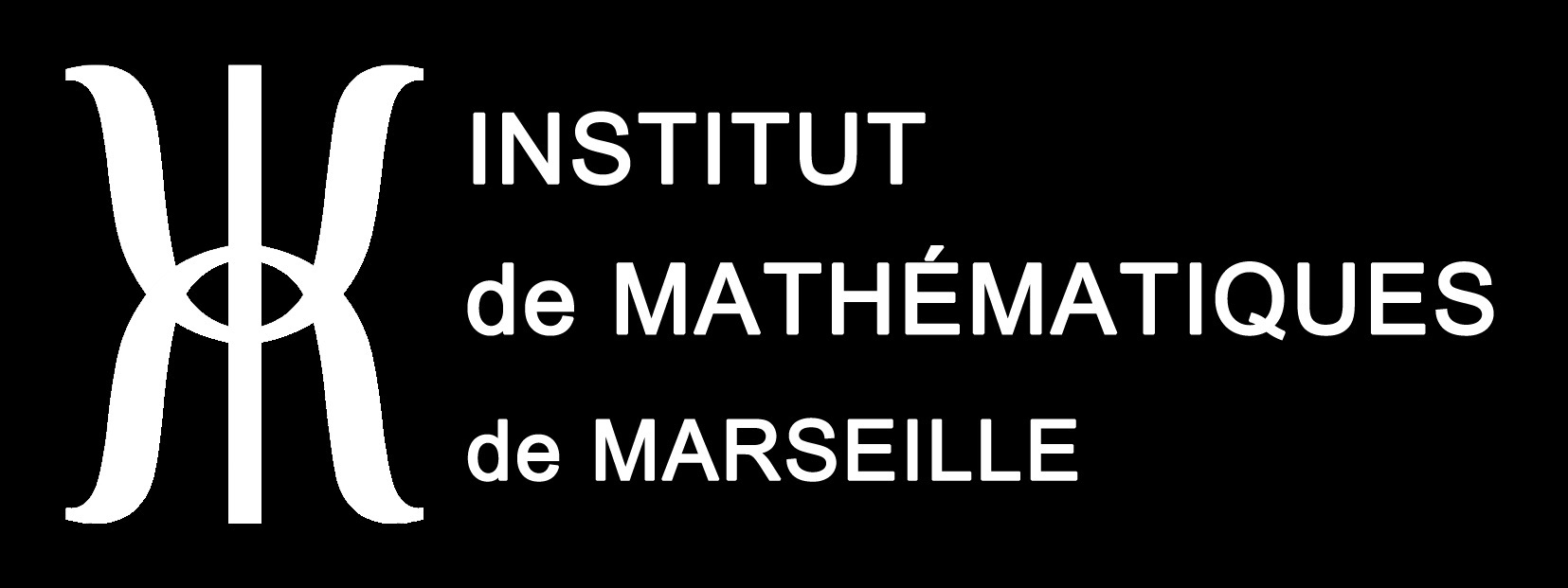ANR-24-CE48-7504
Duration: 01/01/2025–31/12/2029 (60 months).



![]()
![]()

![]()




Spirit
One of the most meaningful theorem in computer science is due to Rice, in 1953:
Theorem. Any non-trivial question on the behavior of programs is undecidable.
What is striking about this statement is its generality: it holds for any non-trivial question.
Furthermore, trivial questions are answered by one of two trivial programs
(either returning always “yes”, or returning always “no”),
hence the dichotomy is both sharp and deep.
This brings its interpretation to an epistemological ground regarding the powers and limits
of algorithmic problem solving (i.e., by means of a computer, which is nowadays ubiquitous).
Attaining this level of generality is the guiding principle of our project ALARICE
— to obtain results “à la Rice”.
Rice’s theorem belongs to the field of computability theory, and we aim to bring its spirit to the field of complexity theory, which is another fundamental pillar of computer science. This shift towards the decidable world is motivated by the objects under consideration, finite dynamical systems, where virtually any question is decidable via a naive exhaustive search. As a consequence, the formulation of Rice-like results consists in general (lower and upper) bounds of computational complexity. The discrete dynamical systems at stake are defined by “simple” local rules, and readily show “complex” global behaviors. They are informally referred to as “complex systems”, and we endorse that the computational complexity point of view provides a theoretical framework to formalize this common intuition.
ALARICE is composed of three Objectives.
1) Develop a novel combination of techniques based on
the expressiveness of finite model theory,
which allows to prove metatheorems, provided a correct definition of non-triviality.
2) Adopt a systematic complexity point of view approach on all facets of automata network theory,
aimed at gaining legible knowledge towards the implementation of vaster metatheorem proof techniques.
3) Transfer the results to other models of computation, such as finite cellular automata and reaction systems,
through the reconsideration of simulations in the unifying framework of reductions,
and reach an understanding of the complexity of finite dynamical systems as abstract and broad as possible.
For more, see alarice-pub.pdf.
Consortium
Partner 1 (Marseille, coord. LIS):
- Chalopin Jérémie (DR CNRS LIS/DALGO)
- Defrain Oscar (MCF LIS/ACRO)
- Goubault–Larrecq Aliénor (PhD LIS/CANA)
- Guillon Pierre (CR CNRS I2M)
- Humeau Samuel (Postdoc LIS/CANA)
- Monmege Benjamin (MCF LIS/MOVE)
- Ohlmann Pierre (CR CNRS LIS/MOVE)
- Perrot Kévin (MCF LIS/CANA, head)
- Porreca Antonio E. (MCF LIS/CANA)
- Rolland Marius (PhD LIS/CANA)
- Sené Sylvain (PU LIS/CANA)
- Tapin Léah (PhD LIS/CANA)
- Theyssier Guillaume (CR CNRS I2M)
Partner 2 (Nice+, coord. I3S):
- Bridoux Florian (CR CNRS I3S, Nice)
- Durbec Amélia (Postdoc Junia, Lille)
- Gamard Guilhem (MCF Loria, Nancy)
- Richard Adrien (MCF I3S, Nice, head)
- Riva Sara (MCF CRISTAL, Lille)
Institutions
- Agence Nationale de la Recherche
- Centre National de la Recherche Scientifique
- Inria
- Laboratoire d’Informatique et des Systèmes
- Aix Marseille Université
- Laboratoire d’Informatique, Signaux et Systèmes de Sophia Antipolis
- Université Côte d’Azur
- Institut de Mathématiques de Marseille
- JUNIA
- Laboratoire lorrain de Recherche en Informatique et ses Applications
- Centre de Recherche en Informatique, Signal et Automatique de Lille
Events
-
2025-12-08 (1 week)
Pierre Guillon, Kévin Perrot, Marius Rolland, Sylvain Sené and Guillaume Theyssier participe to the week of mediation activities with classes of pupils from 9 to 18 years old, plus a full day opened to the lay public in Marseille city center. In collaboration with Institut de Recherche pour l'Enseignement des Sciences (IRES) and Terra-Numerica, we have welcomed 450 students on 14 different activities. -
2025-11-18 (2 days)
Adrien Richard visits the group in Marseille and gives a seminar on Automata networks: some landmark results and open problems. -
2025-11-06 (1 day)
Kévin Perrot and Marius Rolland visit Terra-Numerica at Sophia Antipolis, in order to get a full-day training on mediation activities, towards the week of mediation planned in Marseille next month. -
2025-09-01 (1 week)
Léah Tapin presents her work at UCNC-2025 in Nice, with Kévin Perrot and Sylvain Sené also participating. -
2025-07-21 (1 month)
Marius Rolland visits the group of Luca Manzoni in Trieste, Italy. -
2025-07-14 (1 month)
Kévin Perrot, Sylvain Sené, Léah Tapin visit the group of Luca Manzoni in Trieste, Italy. -
2025-07-14 (1 week)
Aliénor Goubault-Larrecq and Marius Rolland present their work at CiE-2025 in Lisbon, Portugal. -
2025-07-30 (1 week)
AUTOMATA-WAN-2025 takes place in Lille (CRIStAL), with financial support from the project. Sara Riva and Adien Richard are co-chairs. Florian Bridoux, Kévin Perrot, Marius Rolland, Sylvain Sené, Léah Tapin and Guillaume Theyssier participate. -
2025-06-16 (1 week)
Kévin Perrot welcomes 3 high school students (classe de 2nde) at LIS : Jeanne Baudevin (lycée Jacques Chirac), Zoé Carotti and Line Lucet (lycée Marseilleveyre), discovering research around the game of life and elementary cellular automata. -
2025-06-12 (1 month)
Visit of Eric Goles at LIS. -
2025-06-03 (2 months)
Antonin Loubière (L3 ENS Paris Saclay) is in internship with Kévin Perrot and Pablo Concha on the complexity of sandpile models and crossovers. -
2025-06-02 (3 days)
Pierre Guillon and Guillaume Theyssier participate to SDA2 days in Montpellier. -
2025-05-19 (2.5 months)
Houzaime Ahamada (L2 AMU DLMI) is in internship with Kévin Perrot on developing a simulator of physarum polycephalum. -
2025-05-14 (2 days)
Visit of Adrien Richard at LIS. -
2025-05-12 (1 week)
Visit of Sara Riva at LIS. -
2025-05-06 (2 weeks)
Visit of Martín Ríos-Wilson at LIS. -
2025-04-30 (1 day)
Visit of Amélia Durbec at LIS. -
2025-04-14 (1 week)
Participation in the organization of Les Cigales summer school, edition Spring 2025. -
2025-03-27 (3 days)
Congrès MATh.en.JEANS in Marseille, with Pierre Guillon, Kévin Perrot and Marius Rolland (year-long research activities with high school Pierre Mendes France, 13127 Vitrolles, in partnership with maths teacher Jessica Gouirand-Thuillet). -
2025-03-11 (2 days)
ALARICE kickoff meeting at CIRM, Marseille Luminy. -
2025-01-06 (2 weeks)
Visit of Marco Montalva at LIS.
Publications
-
Gamard, Guilhem, Aliénor Goubault-Larrecq, Pierre Guillon, Pierre Ohlmann, Kévin Perrot, and Guillaume Theyssier. “Hardness of Monadic Second-Order Formulae over Succinct Graphs.” Logical Methods in Computer Science 22, no. 1 (2026).
DOI-link
HAL-link
arXiv-link
-
Donoso-Leiva, Isabel, Eric Goles, Martín Ríos-Wilson, and Sylvain Sené. “Impact of (a)Synchronism on ECA: towards a New Classification.” Chaos, Solitons and Fractals 199 (October 2025): 116601.
DOI-link
arXiv-link
-
Goubault–Larrecq, Aliénor, and Kévin Perrot. “Rice-like Complexity Lower Bounds for Boolean and Uniform Automata Networks.” Preprint, September 2025.
arXiv-link
-
Perrot, Kévin, Sylvain Sené, and Léah Tapin. “Creation of Fixed Points in Block-Parallel Boolean Automata Networks.” Preprint, September 2025.
HAL-link
arXiv-link
-
Goubault-Larrecq, Aliénor, and Kévin Perrot. “Circuit Metaconstruction in Logspace for Rice-like Complexity Lower Bounds in ANs and SGRs.” In Proceedings of CiE’2025, 15764:237–52. LNCS, 2025.
DOI-link
HAL-link
arXiv-link
-
Porreca, Antonio E., and Marius Rolland. “Injectivity of Polynomials over Finite Discrete Dynamical Systems.” In Proceedings of CiE’2025, 15764:380–94. LNCS, 2025.
DOI-link
arXiv-link
-
Lutfalla, Victor, and Kévin Perrot. “Polygonal Corona Limit on Multigrid Dual Tilings.” Natural Computing 24 (June 2025): 351–66.
DOI-link
arXiv-link
-
Porreca, Antonio E., and Marius Rolland. “Solving Pseudo-Injective Polynomial Equations over Finite Dynamical Systems.” Preprint, April 2025.
arXiv-link
-
Goles, Eric, Pedro Montealegre, Martín Ríos-Wilson, and Sylvain Sené. “Dynamical Stability of Threshold Networks over Undirected Signed Graphs.” Theoretical Computer Science 1042 (April 2025): 115229.
DOI-link
arXiv-link
-
Concha-Vega, Pablo, Eric Goles, Pedro Montealegre, and Kévin Perrot. “Sandpiles Prediction and Crossover on Z2 within Moore Neighborhood.” Natural Computing 24 (March 2025): 29–66.
DOI-link
HAL-link
-
Perrot, Kévin, Sylvain Sené, and Léah Tapin. “Foundations of Block-Parallel Automata Networks.” Preprint, March 2025.
arXiv-link
-
Doré, François, Kévin Perrot, Antonio E. Porreca, Sara Riva, and Marius Rolland. “Roots in the Semiring of Finite Deterministic Dynamical Systems.” Preprint, February 2025.
arXiv-link
-
Ruivo, Eurico, Pedro Paulo Balbi, Kévin Perrot, Marco Montalva-Medel, and Eric Goles. “Exploring One-Dimensional, Binary, Radius-2 Cellular Automata, over Cyclic Configurations, in Terms of Their Ability to Solve Decision Problems by Distributed Consensus.” Preprint, 2025.
arXiv-link
-
Concha-Vega, Pablo, Eric Goles, Pedro Montealegre, and Kévin Perrot. “Complexity of the Freezing Majority Rule with L-Shaped Neighborhoods.” Preprint, 2025.
HAL-link
arXiv-link
-
Concha-Vega, Pablo, and Kévin Perrot. “Timed Prediction Problem for Sandpile Models.” In Proceedings of AUTOMATA’2025, 15831:205–20. LNCS. Springer, 2025.
DOI-link
HAL-link
arXiv-link
-
(2024)
Goubault–Larrecq, Aliénor, and Kévin Perrot. “Rice-like Complexity Lower Bounds for Boolean and Uniform Automata Networks.” Preprint, September 2024.
arXiv-link
-
(2024)
Theyssier, Guillaume. “FO Logic on Cellular Automata Orbits Equals MSO Logic.” In Proceedings of ICALP’2024, 297:154:1–154:20. LIPIcs. Schloss Dagstuhl, 2024.
DOI-link
HAL-link
PDF-link
-
(2023)
Perrot, Kévin. “Tout Est Complexe.” Interstices – Revue De Culture Scientifique En Ligne Publiée Par Inria, November 2023.
HTTP-link
-
(2023)
Gamard, Guilhem, Pierre Guillon, Kévin Perrot, and Guillaume Theyssier. “Hardness of Monadic Second-Order Formulae over Succinct Graphs.” Preprint, February 2023.
HAL-link
arXiv-link
-
(2021)
———. “Rice-like Theorem for Automata Networks.” In Proceedings of STACS’21, 187:32:1–32:17. LIPIcs. Schloss Dagstuhl, 2021.
DOI-link
PDF-link
Credits
The .pdf documents hosted on this website remain the property of their authors.
Site made with Jekyll
from the template BlackDoc
and jekyll-scholar.
Runs on gitlab.lis-lab.fr/kevin.perrot/alarice
with Gitlab pages.
Something wrong? Bug or obsolete info?
Please email Kevin Perrot at <name dot surname at lis-lab dot fr>. Thanks!